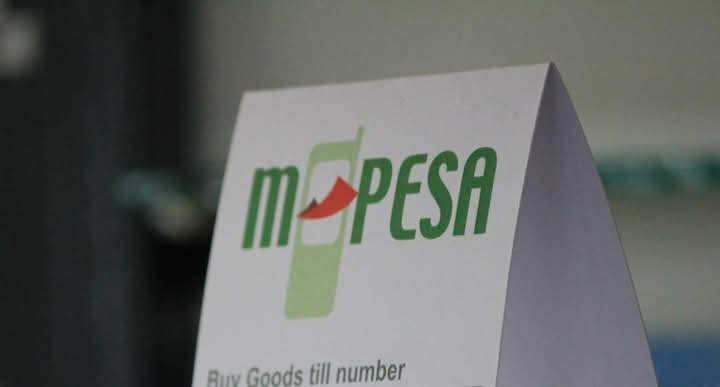KENYA : Unclaimed M-Pesa deposits have reached Sh3.2 billion, accounting for 96.3% of dormant mobile money accounts in Kenya as of November 11, 2024, according to the Unclaimed Financial Assets Authority (UFAA), with additional unclaimed amounts of Sh114.3 million from Airtel and Sh7 million from Telkom Kenya.
The funds, which are deemed idle after two years of account inactivity, are linked to deceased subscribers, those who have left the country, and lost SIM cards, with mobile network operators required to surrender these unclaimed assets annually by November 1 or face penalties of up to 25% of held assets plus daily fines.
This situation is part of a broader trend of unclaimed assets in Kenya, which have crossed the Sh75.5 billion mark, up 21.7% from Sh62 billion in June, including Sh39.4 billion in shares and Sh36.09 billion in cash across various sectors such as insurance companies, banks, pension schemes, and mobile money wallets.
Elswhere, The Kenya Revenue Authority (KRA) has dismissed 25 staff members in Q1 FY2024-25 as part of an anti-corruption drive that recovered Sh549 million in illicit wealth.
The agency handled 84 disciplinary cases, up from 37 in the previous year, reflecting Commissioner General Humphrey Wattanga's "zero tolerance" policy on corruption.
The crackdown includes new measures such as the iWhistle platform, which recovered Sh4.22 billion in FY2023-24 and offers informants up to 5% of recovered taxes with a Sh5 million cap per case.
The purge responds to President Ruto's concerns about Sh400 billion in revenue leakages, particularly in excise duty collection, where Kenya's 2.9 billion stamps trail Tanzania's 7 billion and Uganda's 9 billion.
KRA has established Corruption Prevention Committees and implemented lifestyle audits to enhance compliance and curb tax evasion.
Finally, Kenya's sophisticated tax system, despite being one of Africa's most advanced with digital platforms like iTax and e-TIMS, struggles with low compliance as only 15% of registered companies paid taxes and 6.3 million individuals filed returns in 2023, in a population of over 50 million.
The disconnect stems from a mismatch between the system's complexity and Kenya's economic reality, where the informal sector accounts for 80% of employment.
While e-TIMS has added only 113,000 new VAT taxpayers, the system remains challenging even for experts, requiring internet access and complex navigation.
The article suggests solutions including USSD-based filing systems and addressing fairness concerns, noting that tax compliance is influenced by psychological and cultural factors beyond legal requirements.
Unlike countries like the US with high voluntary compliance, Kenya's sophisticated system may be missing the mark by not aligning with citizens' needs and capabilities.







